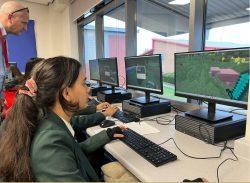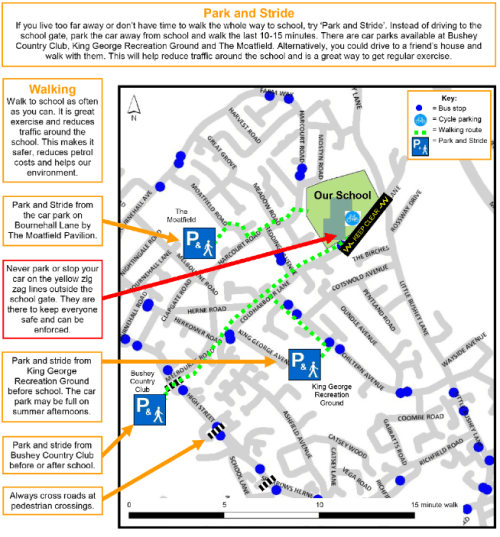KS5 Student of the week
Jessica 12 Elm – Jessica’s kind nature to always support students. Jessica is part of the Year 12 peer mentoring program where she sits with students from KS3 to...
Filter by Category
Filter by Author


























































































































































































Jessica 12 Elm – Jessica’s kind nature to always support students. Jessica is part of the Year 12 peer mentoring program where she sits with students from KS3 to...
Posted by Madeline Silla
We are delighted to announce the appointment of Mrs Morley-Birch as our new Assistant Pastoral Manager for Year 8. Joining our pastoral team, Mrs Morley-Birch brings a wealth of...
Posted by Chantal Smith

Name: Sabawon House: Sycamore Reason for nomination: An excellent attitude to learning and exceptional behaviour. ...
Posted by admin

Name: Ashton House: Elm Reason for nomination: Amazing academic achievement, a positive attitude to learning and...
Posted by admin

On 12th December 2024, the IT STEMPOINT organisation organised an IT workshop at Samuel Whitbread Academy School, Bedford. The purpose of this workshop is to encourage Year 8 and...
Posted by Jeremy Turner

We are excited to announce an Attendance Challenge for the Spring Term. At Bushey Meads School we all know how important it is for students to be in school and engaged in their...
Posted by Olivia de Groot

At the end of last term, the Year 12 and 13 A-Level Dance students visited Rambert Dance Company for an enriching day that combined theory, professional insights and practical...
Posted by Eliz Noyan

As a new year begins, it’s the perfect time to set goals, embrace opportunities, and create positive habits that will make 2025 your best year yet in school. Along with...
Posted by Eliz Noyan

Last term, our Word of the Week journey culminated in the December end-of-term quiz. Congratulations to the 15 groups who achieved 100%, with special recognition for our top...
Posted by Amy Druce
Dear Parents, Across the UK, schools and families are grappling with a pressing question: how do smartphones affect our children’s learning, mental health, and ability to connect...
Posted by Daniel Mitman
Dear Parents,
Across the UK, schools and families are grappling with a pressing question: how do smartphones affect our children’s learning, mental health, and ability to connect with the world around them?
Last week, Channel 4 launched a groundbreaking documentary, Swiped: The School That Banned Smartphones, exploring one school’s bold decision to address this issue head-on—with extraordinary results.
The documentary follows 26 Year 8 pupils at The Stanway School in Essex, who participated in a 21-day smartphone ban. The results were eye-opening:
This experiment was backed by a University of York-led study, the most comprehensive research yet on the impact of smartphones on young people. The findings serve as a wake-up call, sparking conversations across the UK.
At its core, Swiped invites all of us—parents and educators—to reflect on how we can better support our children in an increasingly connected world.
As we enter the Christmas break, children will have the opportunity to engage more with their devices for longer periods during the day. We encourage you to watch the documentary and use it as a starting point for conversations within your family. To go further, resources like Smartphone Free Childhood and advice from Dr. Rangan Chatterjee offer practical tips for reducing phone dependency and fostering healthier habits.
By working together, we can ensure our children thrive—online and offline.

Traveling to School Thank you to the vast majority of parents and carers who park sensibly to drop off their children in the mornings and to collect them in the afternoons....

We are excited to announce an Attendance Challenge for the Spring Term. At Bushey Meads School we all know how important it is for students to be in school and engaged in their...